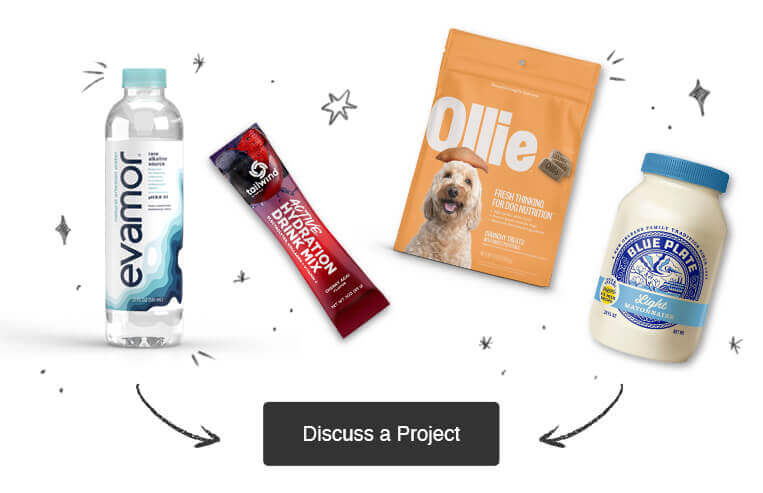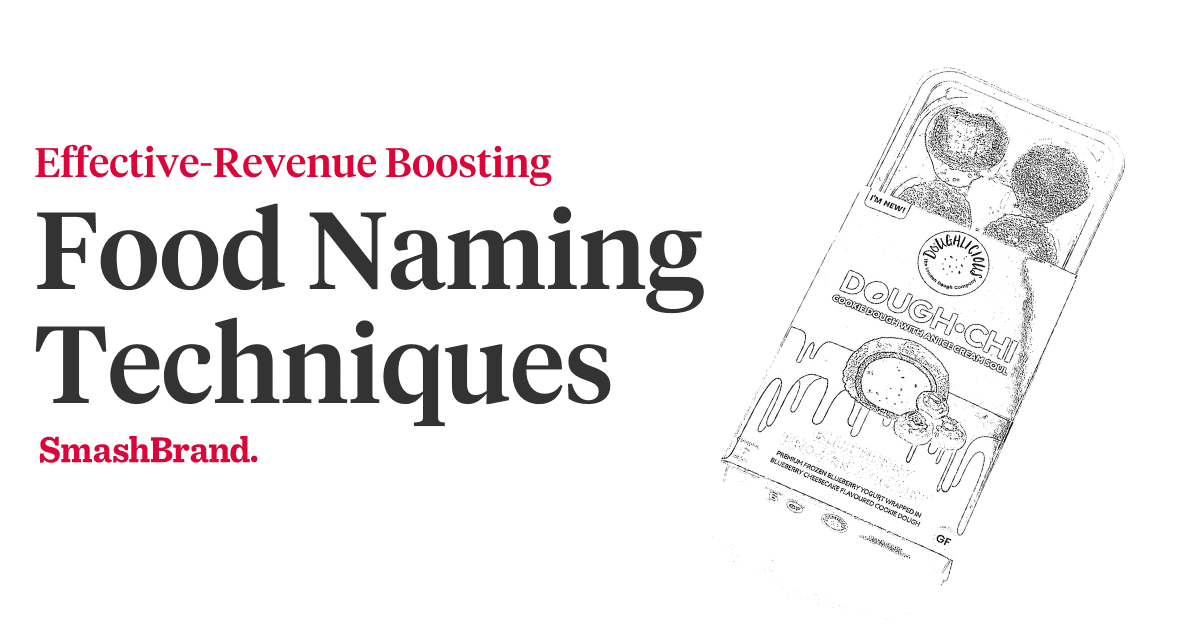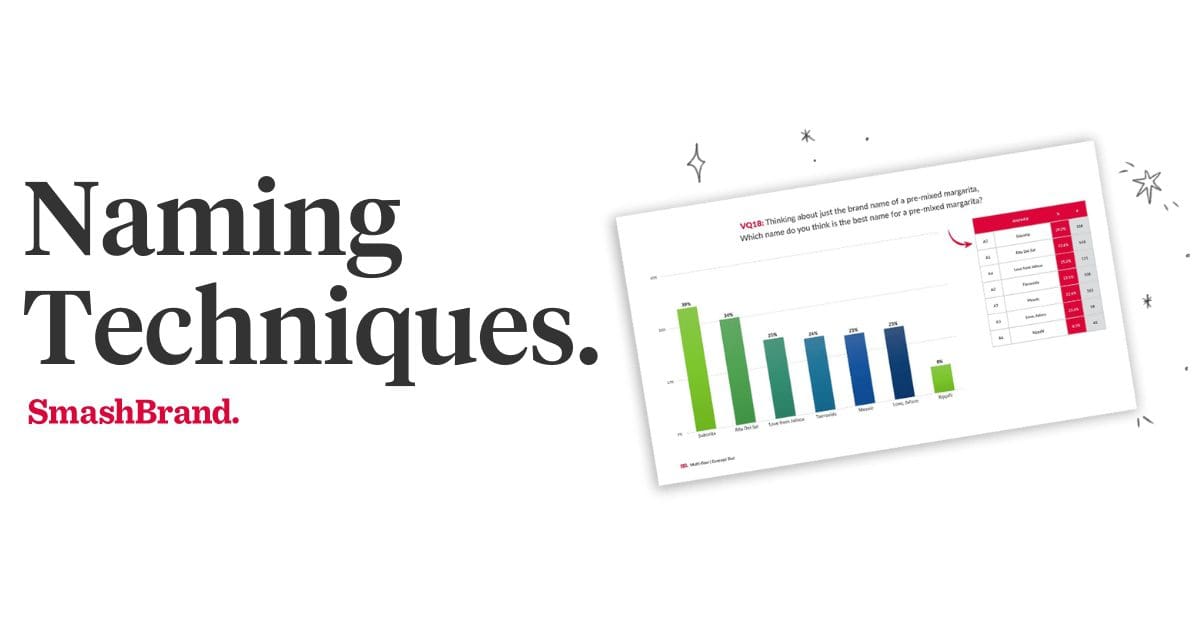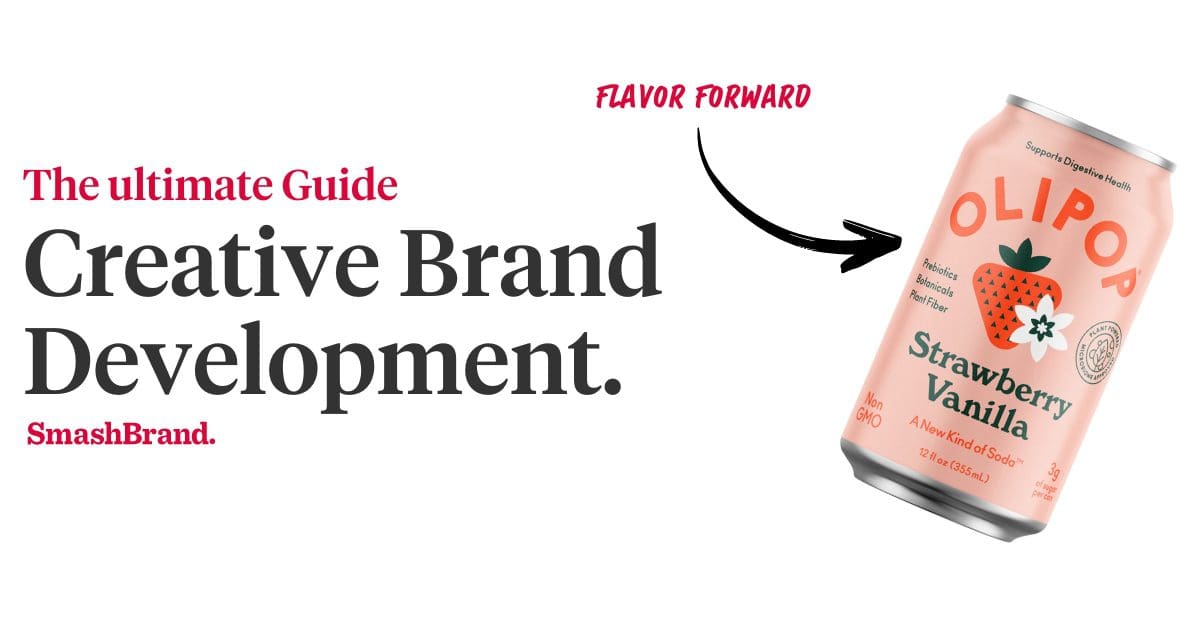Listen to This Article

Because mere refrigeration can’t sufficiently achieve an acceptable level of coldness in carbonated beverages, Coca-Cola has issued a new, experimental bottle made entirely of ice. Far from being a mere gimmick, this new bottle – which was recently made available to the Columbian market – simply gives the consumer exactly what he/she has been clambering for the past 100 + years; a melting container that you can’t put in your center console cup holder without major repercussions.
We’re kidding; this is pure gimmickry with numerous practical, social and hygienic flaws. Nevertheless, being the galactic corporate juggernaut it is, Coke can afford to make wacky product decisions to light up the blogosphere and get news organizations and the Wall Street Journal all abuzz. You might ask: “Why bother? Even if we tried, the world couldn’t escape Coca-Cola – it’s just too huge.” Well, even giants occasionally lumber out of their caves and tear the heads off of villagers just to remind them that they exist.
Never let a public relations opportunity pass you by. Sometimes, you just have to go for the obviously stupid decision in order to make yourself stand out from the crowd. Of course, we must warn against using all of your resources on a single, bold and untested marketing strategy, since, if you’re a start-up, you won’t have the credit or the reserves to withstand a storm of horrible public opinion the way Coca-Cola has.
The new ice bottle does involve a fair amount of gambling – gambling that Coca Cola can richly afford. Sure, some people may think that the bottle is a cool, summery idea; it’s certainly frosty, aesthetically pleasing and offers a valuable, chilling service. But what’s the downside to getting the world all excited and chatty about their product? Mostly, the possibility that the world will take a few seconds and think about what the bottle means in a larger sense.
Get your Hands on the SmashReport!
And enter to win a FREE brand diagnosis worth $20,000.
*The SmashReport is a monthly newsletter for FMCG and CPG brands, helping them stand out in the competitive retail marketplace.
Practicality
It’s a melting package. You probably won’t want to set it on your table or take it with you in your car or put it in your gym bag, since it will invariably turn into a sugary, melty pool of slush in a matter of mere moments. Coca-Cola tried to circumvent this phenomenon by unveiling it on the beaches of Columbia, where people can simply set it down in the sand while reclining on their towels or folding chairs. This leads us to our next point:
Hygiene
Unlike glass or even plastic, ice doesn’t disallow the transfer of microbes from the package surface and into the product – ice cracks, after all. From the grubby hand of the sales clerk, to the grubby pit of sand in which the consumer nestles the bottle, there are literally billions of tiny organisms swarming and bumping into each other and finding little openings in the product surface to breach, so they can enjoy the caramel-y goodness within. Yum!
Social Responsibility
Coca Cola itself opened up the door to this one by declaring that the bottle was environmentally friendly. Yes, the ice bottle leaves almost no packaging refuse since the packaging melts away. However, the Coke marketing brain trust failed to recognize that water is in limited supply; there are regions worldwide that could use the millions of gallons of clean water for survival that Coke is using for the purpose of discarding.
Also, there is some packaging; the consumer can’t be expected to hold a block of ice for an extended period of time without some sort of buffer. So, Coke put a rubber barrier on the bottle where it can be gripped. This rubber piece doesn’t evaporate like magic, it will be discarded somewhere; in landfills or on the beaches themselves. However, Coke thoughtfully extended the option of wearing the little bands like bracelets, because it knows how much the public wants to proudly and worshipfully carry the Coca Cola brand on its collective person.
How this decision will affect the Coke brand remains to be seen, but the brand will certainly survive – it survived clear Coke and New Coke, for Heaven’s sake. It may even thrive. After all, if we saw one of those bottles being sold on the beach, we’d run to buy one, too, just for the “cool” factor (sorry for the pun). The lesson here isn’t to exercise logic and caution regarding package design as a marketing strategy; it’s sometimes to make the bold choice.
Data-Driven Brand Development
Want a best-selling brand? SmashBrand is a brand development firm for FMCG and CPG companies. From brand strategy to packaging design testing, our Path To Performance™ process guarantees a retail performance lift. Book a time to discuss your project with our team.





